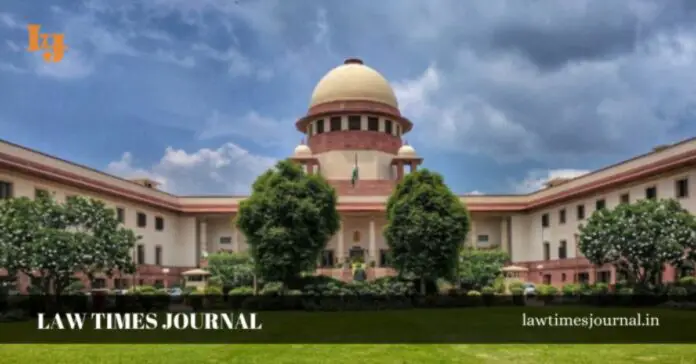
In the instant case the court remarked that the “accused ought not to have been discharged of the offense under Section 306 Indian Penal Code, 1860 (hereinafter referred to as “IPC, 1860″) especially when the charges under Section 304B IPC, 1860 and other related sections had already been framed and confirmed.”
Brief facts of the instant case are as follows:
Firstly, a woman who is married committed suicide, within about 15 months of marriage leaving behind two suicide notes. The father of the deceased filed an FIR for offenses under Sections 304B, 306, 498A, 406, 506 read with Section 34 IPC, 1860 and under Sections 3 and 4 of Dowry Prohibition Act, 1961 against the husband of the deceased and also against the father-in-law and mother-in-law of deceased.
Subsequently, The Sessions Judge, based on the statement of the witnesses and suicide notes, finding prima facie, that there was sufficient material on record to frame charges against all the accused convicted all the accused in the case herein.
Further, on an appeal by father-in-law and mother-in-law of deceased the High Court by order the partly allowed the Criminal Revision application of the private respondents to the extent that they were discharged of the offense under Section 306 IPC, 1860.
Moreover, challenging the said order of the high court, the father of the deceased who complainant in the present case filed an appeal in the Supreme Court.
Pertinent to mention here that in submissions the learned counsel for the appellant cited the judgment of Hon’ble Supreme Court in Bhupendra versus. State of Madhya Pradesh where the Hon’ble court held that “We are, therefore, of the opinion that Section 306 IPC, 1860 is much broader in its application and takes within its fold one aspect of Section 304B IPC, 1860. These two sections are not mutually exclusive. If a conviction for causing suicide is based on Section 304B IPC, 1860 it will necessarily attract Section 306 IPC, 1860. However, the converse is not true.”








